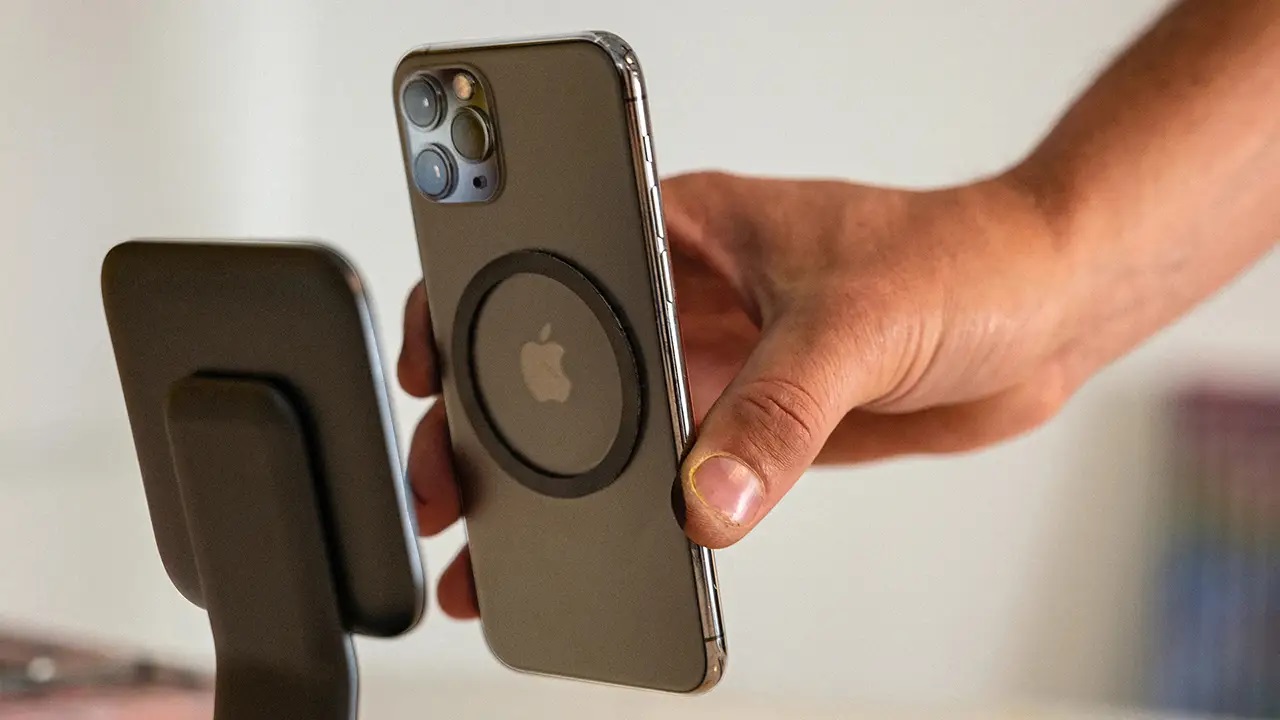What if charging your phone took less time than brushing your teeth? A new study published in Proceedings of the National Academy of Sciences could very well hold the key to a next-gen charger capable of recharging your phone in just 60 seconds.
Researchers from the University of Colorado Boulder have discovered a new cutting-edge technique that could make it possible to charge devices almost instantaneously. This would make charging phones, laptops, and even electric cars much more efficient and convenient. The foundation of the new technique is based on new insights into how ions move through supercapacitors.
The key, one of the researchers explains in a press release, is to make the movement of the ions more efficient. By doing this we can make the charging and release of energy much faster, allowing for that next-gen charger that is capable of boosting your phone’s charge from 0 to 100 in just a minute, or maybe even less.
To make this discovery, the researchers looked at the movement of ions through a complex network of interconnected pores running through the supercapacitor. Their findings have helped modify a scientific law that researchers have used to govern electrical currents for more than 175 years. This law, called the Kirchhoff circuit law, describes the flow of electrons in a simple loop of wiring in most classes.
However, when inspecting the ions and their movement, the researchers found that the ions move fundamentally differently at the intersections of tiny nanoscale pores when compared to how electrons move near the same locations. Further observations helped them determine that these movements are different from what Kirchhoff’s law describes. This doesn’t completely throw out the old laws, though, as they still provide valid explanations for how electronics flow within conventional electronic circuits.
However, to create a next-gen charger capable of taking full advantage of the movements of the ions, we have to look at things different. This, the researchers say, is “the missing link” that they have been looking for. Creating more efficient energy storage has been a long-term goal for many engineers.
We’ve seen water-based batteries capable of storing more than traditional lithium-ion batteries. Still, a method that lets us charge our batteries almost instantly would remove a lot of the hindrances surrounding the wider adoption of things like electric cars. Not to mention how much more convenient a next-gen character would make charging laptops, phones, and other electronic devices.



Never mind phones, what about cars?
From the article
Yeah but I doubt that’s actually the case based on the physics involved. We need fast charging cars way more than fast charging phones.
Email the researchers with your complaints
Why do you feel that the researchers are wrong about their physics research?
The researchers who wrote the paper only mentioned possibly applying the tech to very small things like wearables and Iot applications where a large capacitor might be relevant. It’s the journalist summarizing it that makes the wild claims about phones and cars, which don’t tend to use capacitors for a bunch of reasons, not least of which is that they tend to be physically twenty times larger than a given battery of the same capacity.
If people are able to deal with batteries anywhere near that large, then I’d imagine most of them would choose twenty times the battery life/ range over being able to charge fast enough overload a wall outlet/ small power plant.
So an electric car might hold 100 kWh. To charge that in 1 minute you would need 6000 kW of power, or 6 MW. Typical “rapid” chargers today do 350 kW and these are the kind that are difficult to find. A nuclear plant makes around 1,000 MW so if you had 166 cars charging at once you would overload one.